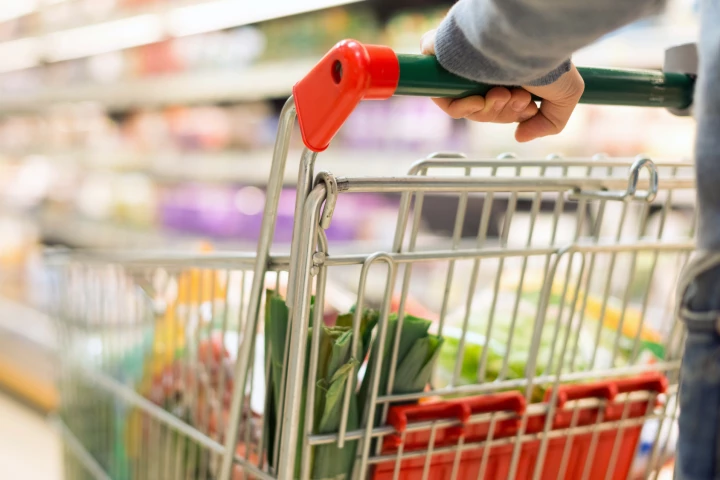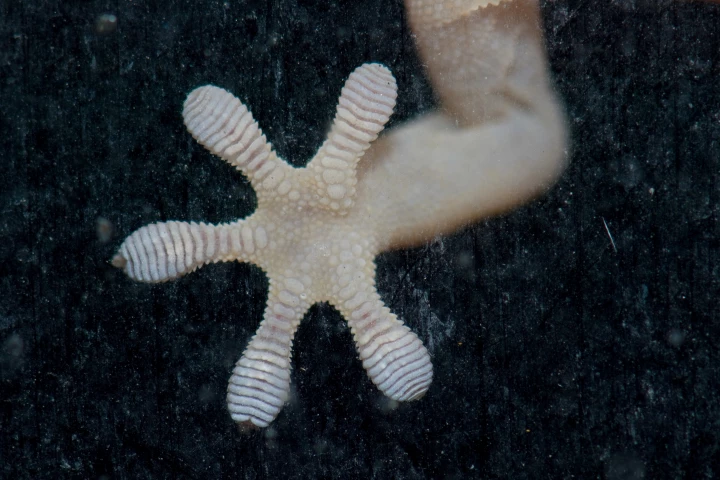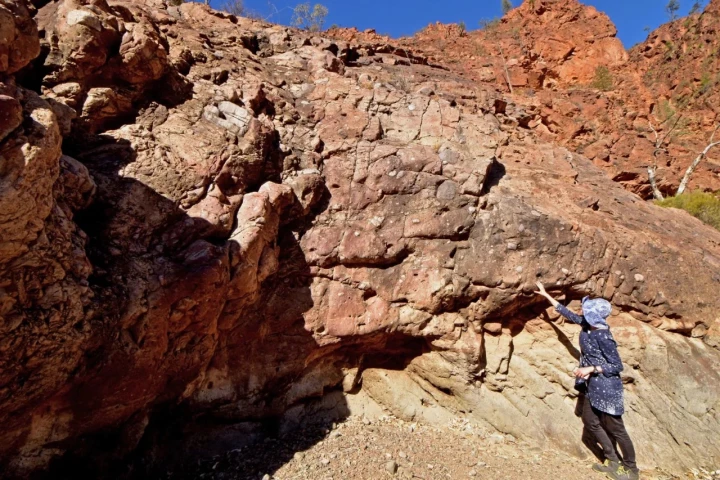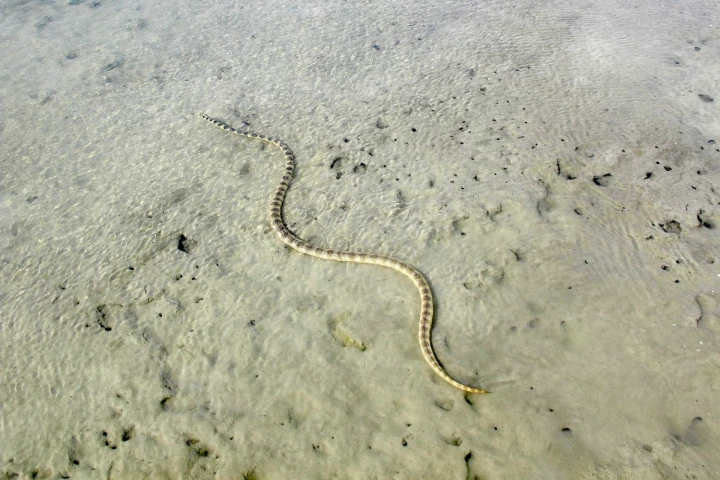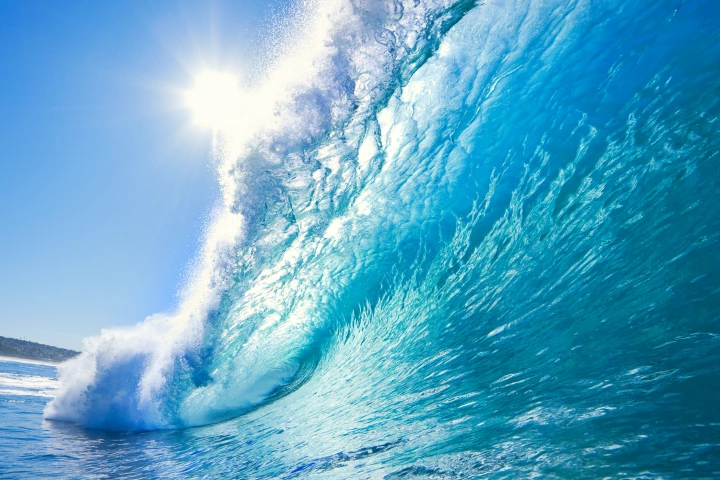University of Adelaide
-
New research has compared whether food waste is reduced more by consumers who are driven by sustainability or those driven by nutrition and health. The study highlights the need to reconsider our approach to addressing the issue of food waste.
-
Geckos are able to maintain a grip on wet surfaces not because their toe pads repel water, but because they attract it. A new polymer, which was inspired by this phenomenon, could find use in shoe soles that keep people from slipping on ice.
-
Researchers have developed a non-addictive painkiller that remains inactive until it reaches sites of chronic pain. Instead of dulling the nerves that send the pain signals like other analgesics, this new pain pill directly addresses the underlying cause.
-
Geologists have shed new light on Earth's built-in thermostat. They say shifting tectonic plates that slowed volcanic activity is likely what caused the extreme ice age that turned the planet into a giant snowball over 700 million years ago.
-
In order to survive long trips to other planets, astronauts are going to have to eat more than just easily-stored TV dinners and ramen noodles. With that fact in mind, scientists recently created what they determined could be the ideal fresh-food meal for space travelers.
-
Researchers have found that osteoarthritis is caused by the depletion of specialized gene-expressing cartilage-forming stem cells and found a way to treat and reverse the condition, instead of just managing its symptoms.
-
A study has found that renting privately is more strongly associated with faster biological aging than unemployment or being an ex-smoker. The findings highlight the important link between housing and health.
-
A study has found that breastfeeding can improve mom's cardiovascular health for at least three years. The findings are especially important for women with complicated pregnancies, who are at increased risk of cardiovascular disease later in life.
-
Most snakes can only see the colors blue and green, along with ultraviolet light in some cases. New research, however, suggests that sea snakes have evolved to actually regain the wider-color vision of their earliest ancestors.
-
Herbicide resistance represents a huge problem for the agricultural sector. Exploiting molecular similarities between bacteria and plants, researchers have repurposed a "failed" antibiotic as an effective weedkiller that's safe for humans.
-
Green hydrogen is going to demand a lot of water for electrolysis – nine liters of pure water for every kilogram of hydrogen. Researchers say they've found a simple way to use seawater in standard electrolyzers, and that's big news for clean energy.
-
For quantum batteries, the bigger the battery, the faster it charges. For the first time, team of scientists has now demonstrated the quantum mechanical principle of superabsorption that underpins quantum batteries in a proof-of-concept device.
Load More
